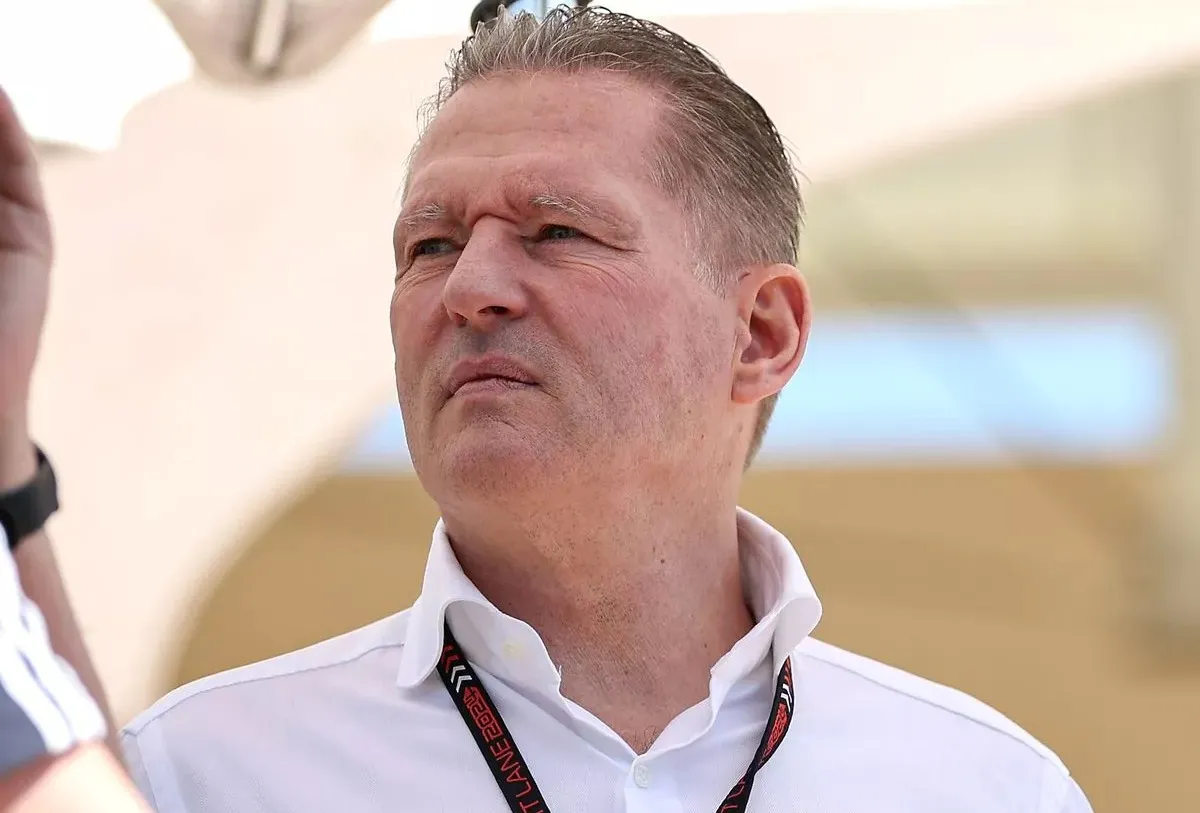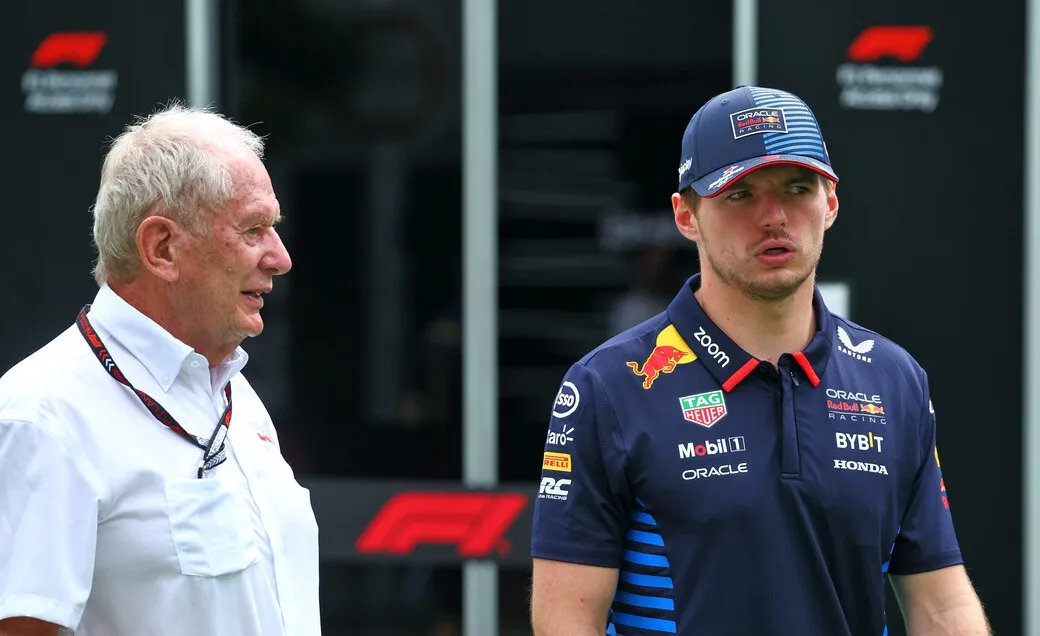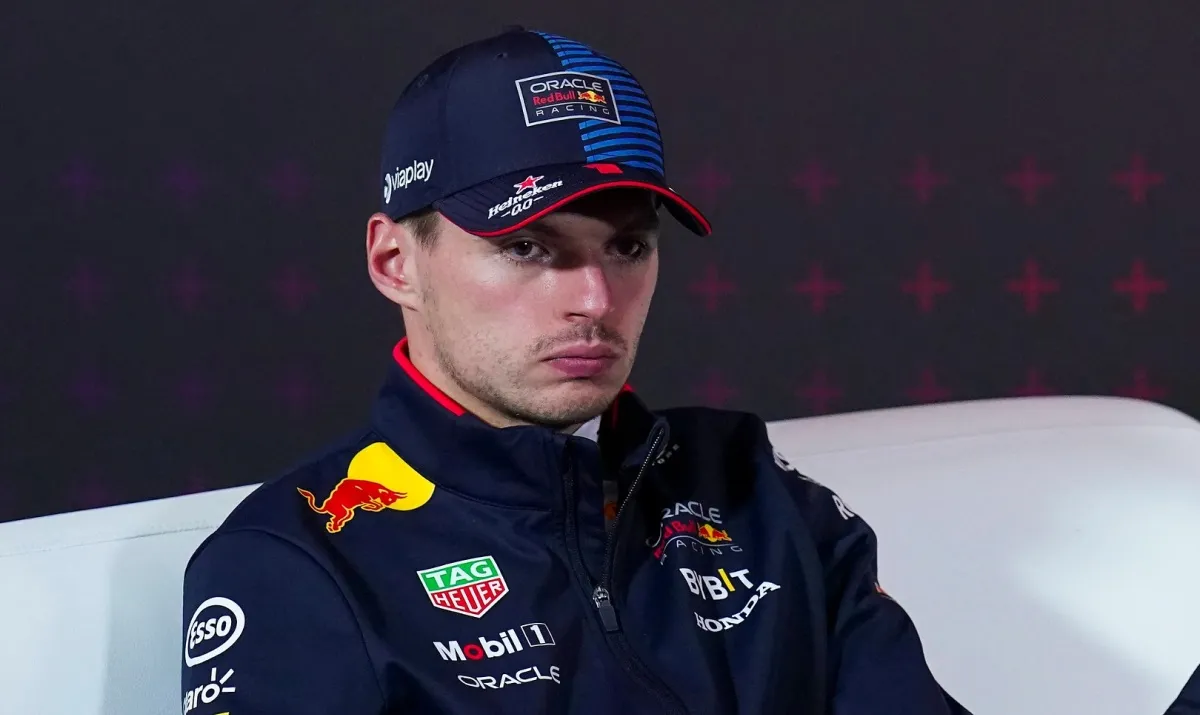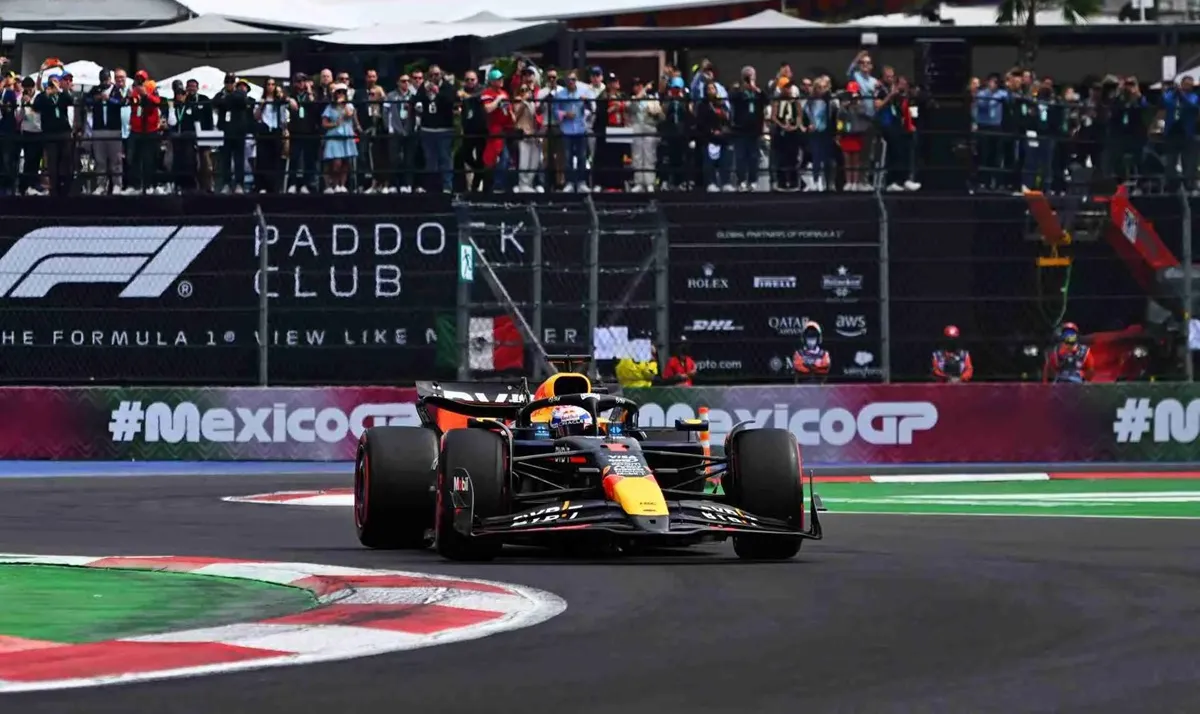
The German parted ways with the FIA to “pursue new opportunities” in an announcement out of nowhere from the governing body, with Wittich later quoted as telling Motorsport-Magazin that he “had not resigned”.
With uncertainty over whether or not Wittich was indeed pushed or stepped aside of his own volition, what is certain is that the FIA is starting afresh with a new race director for the final three races of the F1 2024 championship.
Wittich shared the role with Eduardo Freitas in 2022 but, following the latter’s own split with the FIA after the events of the 2022 Japanese Grand Prix, Wittich has made the role his own.
The German was not the only departure from the F1 governing body last week, with compliance officer Paolo Basarri also leaving – the BBC reported that Basarri had “lost the confidence” of FIA President Mohammed Ben Sulayem.
Former F1 driver turned analyst Christian Danner took to Motorsport-Magazin this week to write an impassioned column in which he outlined being “shocked, appalled, and extremely surprised” by the split with Wittich, who is an “exposed personality”.
“This job is not without its challenges,” Danner wrote.
“You have an incredible amount of responsibility. Not everyone can do it under the pressure here. You have to make decisions in the interests of the sport and safety. The dismissal is dramatic because Formula 1 race directors don’t grow on trees. They are plants that have been cultivated over many years.
“For me, there is only one conclusion: sacking a flawless race director without justification is not only scandalous in itself, it is also decidedly unfinished business. Who is supposed to keep growing back?”
Danner pointed out that even the highly-rated Freitas, an expert in the World Endurance Championship category, was not without his missteps as he settled into the role in 2022 – his first year in F1 as he and Wittich rotated the gig between them.
Wittich has been succeeded by Rui Marques for the final triple-header of F1 2024, a baptism of fire as he has never done an F1 race before – all at a time when both championships remain undecided.
Marques boasts a background in Formula 2 and Formula 3, and headed up the administration of last weekend’s Macau Grand Prix, but Danner questioned why there was a need for change at all.
“We had someone who could do it and acted flawlessly. Of course, there is debate about the job because everyone has their own opinion,” he said.
“For some, a red flag is bad, for others it’s good. But the bottom line is that this is exactly what the race director has to do: Make an objectively correct decision regardless of subjective driver, team, and press opinions. I’m still a driver at heart and that’s why I know how it feels: you always feel unfairly treated and complain about the race director.
“That is one of Niels Wittich’s strengths. He was completely impartial. He was a strong race director who didn’t interpret the rule book but implemented it one-to-one. I have already spoken about young talent. Even if there were suitable candidates, who would do this job with all this stress if you can simply be fired, no matter how good you are?”
With Wittich and Basarri merely the latest in a spate of high-profile departures over the past 18 months, Danner said he suspects Ben Sulayem isn’t thick-skinned, leading to discord within the ranks.
“There’s the way our sport’s authority communicates: They simply present fait accompli, which then don’t quite correspond to the truth. It’s no wonder that one or two people ask questions,” Danner said.
“You can’t just fire someone – even in business – because you think you don’t like their nose anymore. If it was decided by a committee, you would need arguments. But there weren’t any. My first thought was the letter from the GPDA. But it wasn’t about the race director: it was about the president. Perhaps he has developed a certain thin-skinnedness.
“Distracting attention from problems is no reason to fire the race director. In view of the fact that there are actually no real newcomers, I think this is a fatal mistake by the FIA. It is an unnecessary destabilisation of the overall system.”



